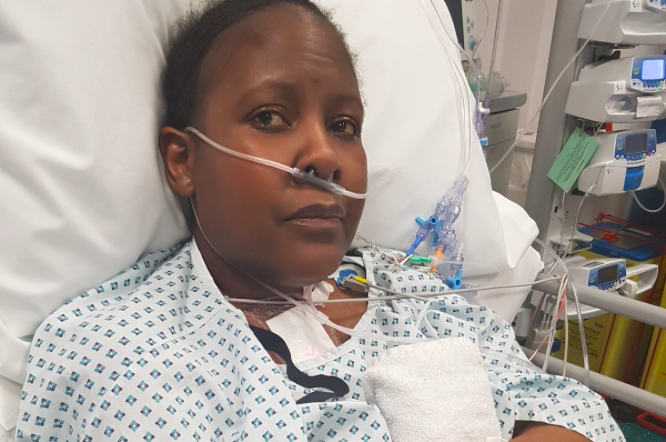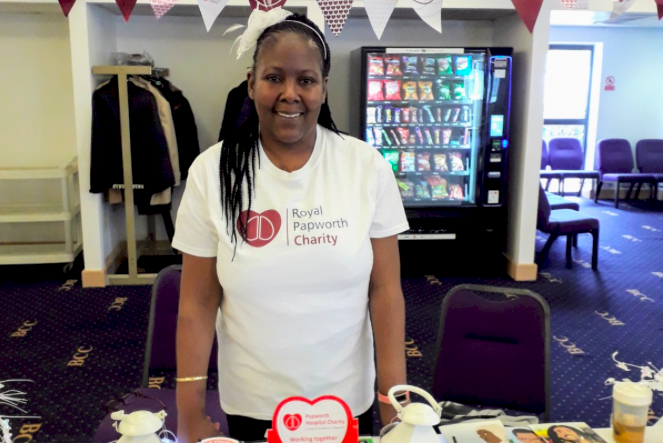New organ donation laws could save BAME donor patients
- Kia Fullerton
- Jun 5, 2020
- 3 min read
In the UK, a high number of Black and brown people go on to develop high blood pressure, diabetes and certain forms of hepatitis, making them more likely to need a transplant at some point in their lives.
The average waiting time for a new organ can vary between two and three years, some patients have even waited for six or seven years before a suitable match is found.
However, a new regulation has been put into place from an opt-in to an opt-out organ donation system. This means that if an individual does not mention they do not want to share their organs with the NHS when they die, they will be presumed compliant in the organ transplant scheme.
All in all, not enough BAME people have been registered on the organ donation list, making the chances of them finding a perfect ethnic match even harder. Many believe that religious and cultural practises has led to the small representation of Black and brown people registering as organ donors.
In Islam, organ donation is not normally deemed acceptable. But a new fatwa or religious edict around organ donation, was put forward by Mufti Mohammed Zubair Butt a leading Sunni, to provide clarity for muslims on whether they can donate their organs after death.
The document acknowledges that organ donation saves lives and states that donation after death is allowed, providing all requirements have been satisfied to indicate the departure of the soul from the body.
In Hindu religion, there is no law which prohibits the act of organ and/or tissue donation. "For some Hindus this can reflect positively on their 'karma', as they are potentially saving someone's life and so they're fulfilling a good deed which will help them in their after life", said Himali Dolatessim, 21.
Michelle Hemmings, 48, who is a lung transplant patient expressed "one person can help up to nine lives, all I know is I was waiting for my organ and I'm grateful for my gift of life."
Michelle received a lung transplant in 2018, after suffering for the past twenty-two years with interstitial lung disease (pulmonary fibrosis) and mild pulmonary hypertension. Having had her own party planning business, Michelle was forced to quit work due to a decline in her health.
"In 1996, I experienced various symptoms like non-stop coughing, breathlessness and being sick 2-3 times a day and even weeks." At the time, Michelle was diagnosed as having interstitial lung disease, which is the scarring and stiffening of the lungs.
"Things were getting worse, I was put on the transplant list 10 years ago." Having been given a portable oxygen tank in 2015, she ended up using it 24/7 when her condition started to worsen, which made it difficult for her to drive or walk up the stairs without feeling breathless.
"I had my first call in 2017, I was taken by a private ambulance to the hospital and I had to wait five to six hours to see if a lung organ was suitable. After they checked they said unfortunately I won't be getting a transplant today. But in 2018, I had a match and that's when I had my single lung transplant."
Michelle was one of the five patients at the Royal Papworth Hospital, where transplant surgeons carried out record-breaking transplants within 36 hours. In response to the new organ transplant policy, Michelle said: "I am relieved and happy to hear about this. I had to wait for all these years for a match and keep on praying that someone will come with a match. Imagine all the people now [within BAME community] that will have a transplant."
Michelle Hemmings, completed an 8.1 mile walk for the British Transplant Games in 2019 and raised over £4500 for The Royal Papworth Hospital NHS Foundation Trust Charity. "People who walked were mostly pre and post organ patients. I was tired but I was happy that I kept it up, it was so overwhelming," she said.
It is argued that deceased patients can only donate organs if they die in certain circumstances. For example in an intensive care setting, as the organs can remain ventilated after death. However, this can further limit the number of donated organs available for a successfully matched transplant.
Despite this, Michelle believes more needs to be done to encourage Black and brown people to become organ donors. Through her awareness about organ donation, especially within the ethnic minority community, Michelle continues to work alongside the NHS to find new ways to get this message across.
"I want to make more awareness in schools, universities and workshops and I think there needs to be more media exposure on this subject.
"I'm not forcing people to sign up, but to talk with your friends and family. Within a couple of years, the people I had spoken to have signed up knowing they will be saving a life."

















Comments